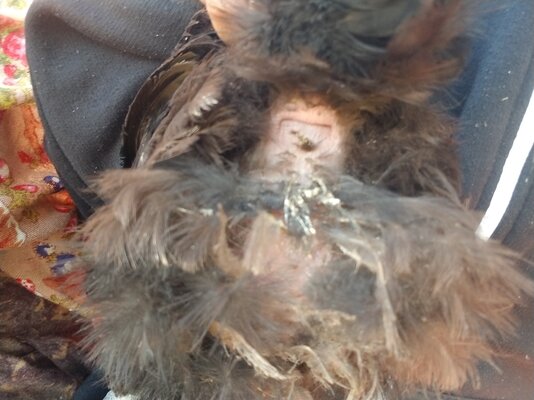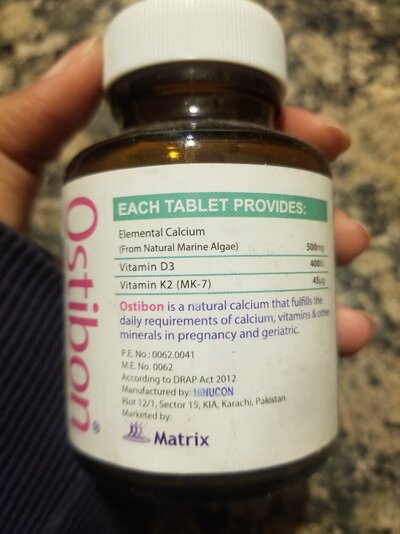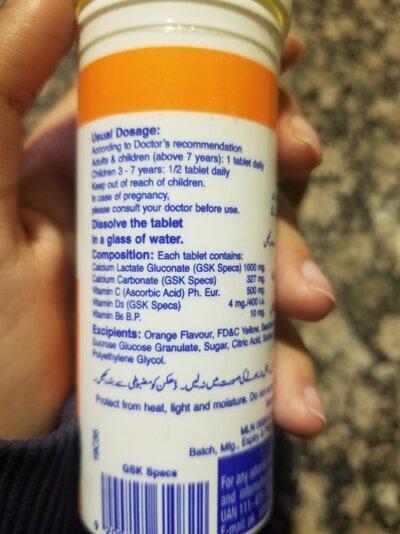- Thread starter
- #11
fatimastic
Songster
It could be possible but I’m not sure if that’s what would be causing her symptoms. Do you have access to a local avian vet anywhere nearby where you live?
How much I wished I was wrong...I think you're spot on guessing this is EYP right down to the swelling of the abdomen. Unfortunately, only an avian vet might be able to help her, as @MamaSug suggested.
Sadly we do not have any avian here. Not a proper one at least..
They claim that they can treat them, but my rooster ended up loosing his eye. I am not taking a chance here. What should I do?
I believe her vent isn't that dirty and her droppings were solid. Do you think she wants to lay but is now unable to?






